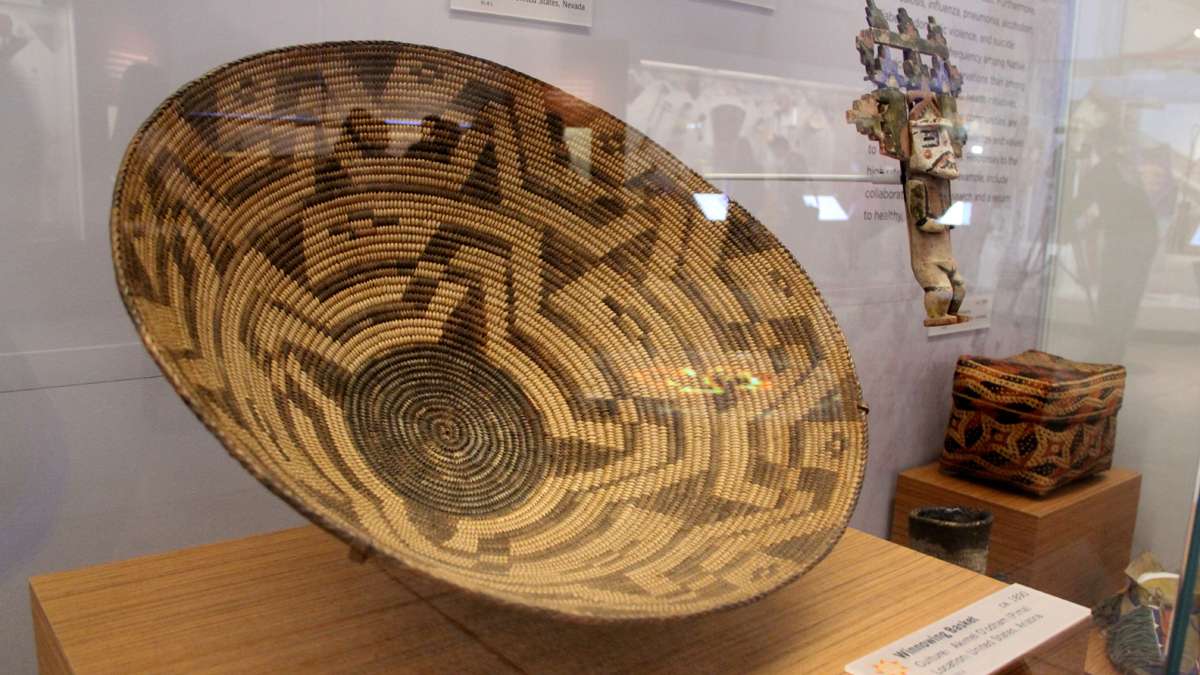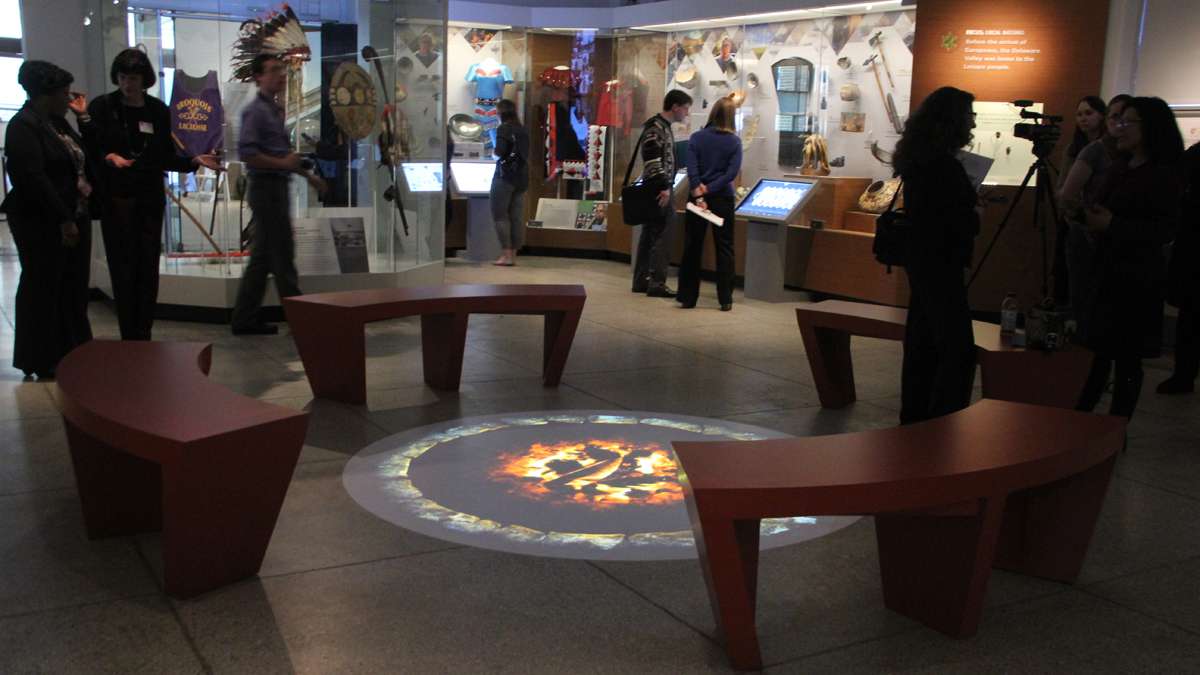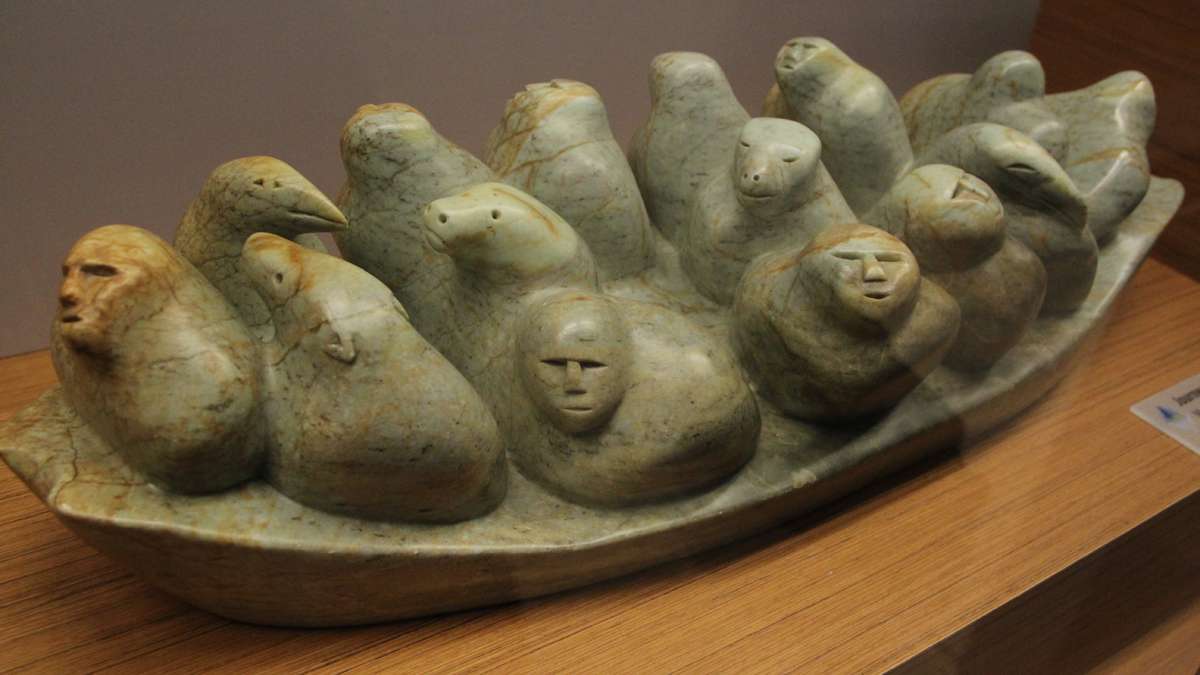Testing the meaning of ‘service,’ by serving, with lessons for all
“Servant” isn’t something people often call themselves. It’s an uncomfortable word. Though most of us serve in some way, we are likely tagged as attendants, assistants, consultants, contractors, or specialists. None of those suggest submission in the way the word “servant” does.
Conversely, service is worn out with use. It’s long been popular among management consultants, who think they invented the concept, and have unleashed cockamamie quality initiatives to teach it to the rest of us. But the technician still arrives at my door somewhere between 8 a.m. and 4 p.m., and it takes longer than ever for my very important calls to be answered. Despite the consultants — and maybe because of them — service rings hollow.
The British know service
Practically everybody likes “Downton Abbey.” (I have an 88-year-old aunt who channels Violet, the tart-tongued dowager countess.) The story sweeps viewers into a world in which being a servant is a desirable occupation and service is uniformly excellent. The empty promises of 21st century customer-care departments melt away as we step into the domain of Mrs. Patmore cooking, Mrs. Hughes making sure the drawing rooms sparkle, and Mr. Carson maintaining unbending order.
The popular series, set in the early 20th century, is more proof that the British understand service in a way others do not. So it makes sense that, in the aftermath of the Great Recession, British bankers are using service to repair customer relationships.
What would Mr. Carson do?
Royal Bank of Scotland (RBS) was particularly sensitive to public bitterness, because it is four-fifths government-owned. To stem the post-financial crisis furor, it changed leadership and in 2011 instituted “Working With You.” The program sends corporate bankers into small business clients’ workplaces two days a year, and no task is too menial. “If they say ‘make the tea,’ then we make the tea,” participant Adrian Eady told the Wall Street Journal, which reported on the program in February.
In three years, indentured RBS bankers have tended chickens, brewed cappuccino and collected trash. Besides mending relationships, the exposure results in understanding that exceeds spreadsheets and business plans.
What difference do you make?
Personal contact between workers and those who depend on them is not as common as it once was. While the service economy has flourished, service itself has suffered. Technology, which expands possibilities in so many ways, can also isolate people. It revs up the volume and speed of work, making it increasingly easy to forget the humans behind screens and documents, and harder to see how things fit together.
No matter how much people want to provide good service, the organization of modern labor can make it difficult. Individuals, responsible for slivers of tasks, may be only vaguely aware of what happens before and after them. People working “together” may not communicate at all. Customers might be completely invisible.
This is never the case at Downton, where the inhabitants are inescapably knotted together, and we are transfixed. We admire the fall-on-a-pickle-fork devotion of Mr. Bates, the valet, who without hesitation forges a document for the earl, despite having already spent time in prison. Who wouldn’t want an employee that dedicated?
Though it doesn’t quite go to those lengths, the RBS program uses old-fashioned service to cut through the organizational and technological anonymity so epidemic to this century. Aside from soothing customers, I imagine the bankers feel better at the end of the day as they pull chicken feathers from trouser cuffs and scrub sleeves stained with foamed milk. They have served people directly, rather than through devices and paperwork. They have seen the difference they and their institution make.
That’s something we all want: to know we’ve served a purpose. Whether we work in a fictional manor house or a real-life bank, we long to know we matter to those we serve and to those whose service we require.
WHYY is your source for fact-based, in-depth journalism and information. As a nonprofit organization, we rely on financial support from readers like you. Please give today.







